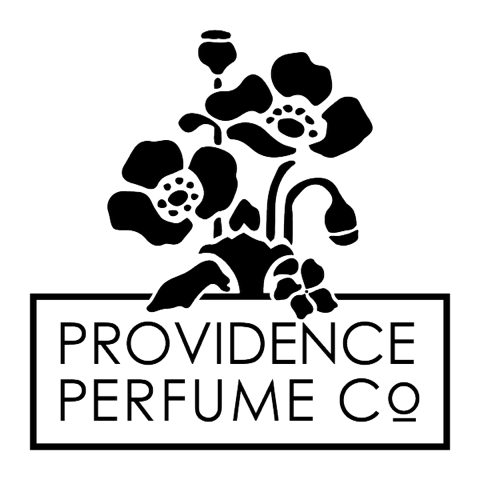
Peach and Apricot Tincture
My obsession has returned. Sometimes, it's pushed aside for other important daily tasks, but it never dissipates. I LOVE making tinctures for perfume! When teaching perfume courses, my students favorite part of the class is when we create a tincture. I've decided this is due to my overwhelming passion and tinctures benefits to perfumery I outline to the students. In addition, students feedback indicates they find making tinctures manageable and fun. Tinctures are easy to make, utilize imagination (can I tincture seaweed, and if so what will it smell like?) and easy to understand whereas blending accords and remembering which botanicals are base notes are decidedly less "fun" to many Introductory students.
The benefits to using tinctures as the alcohol base for botanical perfumes are numerous. Notice I stated "as the alcohol base." I recommend using tinctures as the perfumers alcohol for blending a perfume. I stress to the students that we are not creating a tincture to replace an essential oil or absolute (although one can tincture vanilla beans very successfully and use them as a replacement for vanilla absolute) we are more creating a subtle back note for the perfume by using the tinctured alcohol to blend.
The benefits to using tinctures in perfumes are as follows:
1. ORIGINALITY By using a tincture in your perfume you can put a highly original spin on your scent. Will anyone else be blending with your homemade squash blossom tincture? Doubtful. That unplaceable irresistible note you detect? Why it's my own New England blackberry leaf tincture!
2. FIXATION Many tinctures are created from botanical matter containing sugars and starches. These ingredients actually help a natural perfume last longer as they help trap scent molecules to the skin and slow evaporation. In addition, by using a tinctured alcohol to blend perfume we help extend a note throughout the drydown of the perfume. For example, it is notoriously hard to create a long lasting natural citrus perfume as citrus oils are top notes and evaporate quickly. If formulating a perfume using an orange tincture we are able to pull the citrus note through the length of the perfume and we can help extend the orange note through the mid and even base notes of the perfume as it dries down. I find this incredibly exciting.
3. PALETTE EXTENSION While we may not be able to source a natural blackberry essence, we can create one by tincturing freeze dried blackberries. The ability to create new aromas allows us to expand our perfumers palette.
Lilac Tincture


22 comments
Hi Kaitlyn,
Thanks for your comment! The lilacs are indeed in alcohol. I found the lilac tincture very laborious. I started it last Spring and plan on continuing this spring when the lilacs start blooming again. I replaced the flowers every day or so for about a month and was depressed to note the tincture wasn’t as strong as I’d hoped despite my best efforts. You have no idea how many lilacs I picked and stripped the blossoms from! When sniffed from the jar it has a leafy aroma. However, as I was putting the tincture away for the season (in the back of the fridge for safe keeping) I spilled a small amount on my hand. As it dried I smelled LILAC! I hope to continue with the tincture and think it will be the desired strength after this lilac season.
I am an admitted tincture addict so I am happy to see your blog on tinctures! I find too that it can incredibly enhance the natural perfumers pallet and bring out the mad scientist in a person. Funny you brought up seaweed as I made about the stinkiest separate tinctures from Arame, sea lettuce and Irish Moss (algae) a while back. For some odd reason I thought adding it to an oakmoss based creation would add a bit more of a rainy, beach odor. It certainly worked.. too well lending quite the added “fishy” odor.
I see your lilacs in a jar! I had to rub my eyes. Are they in alcohol? Did you have to change them a few times a day? Could one use fractionated coconut oil to macerate them in? Do you filter your 190 alcohol or do you use the fancy grape based…blahhhhhh forgive me, so many questions!